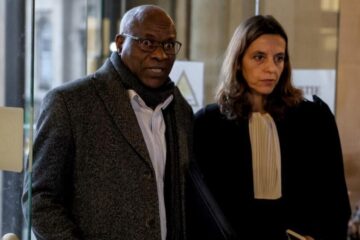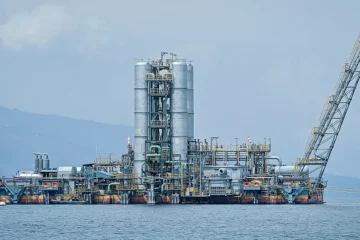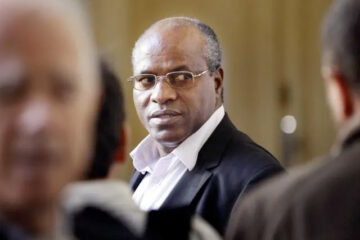Aliko Dangote, Africa’s richest man, made headlines recently with a bold and optimistic statement: “We, Africans, have the power to make this continent a paradise on Earth.” His words come amid growing scrutiny of wealth inequality, as a new Oxfam report reveals that just four of Africa’s richest individuals now possess more wealth than half of the continent’s population combined.
According to the anti-poverty charity, Nigerian billionaire Dangote, along with South Africa’s Johann Rupert and Nicky Oppenheimer, and Egypt’s Nassef Sawiris, control a combined fortune of $57.4 billion. That’s more than what 375 million Africans, roughly half the population collectively own.
The report, released Thursday, paints a troubling picture. It notes that while Africa had no billionaires at the turn of the millennium, there are now 23, whose total wealth has surged 56% in just five years to $112.6 billion. Meanwhile, the top 5% of Africans hold nearly $4 trillion in wealth, more than double the wealth of the entire remaining population.
Oxfam warns that this extreme concentration of wealth is hindering democracy, deepening poverty, and aggravating the climate crisis. “Political capture” by the ultra-rich, the report argues, is leading to weaker institutions and policies that overwhelmingly benefit the elite. In countries like Nigeria, the cost of political participation is so high that it effectively excludes large segments of the population while vote-buying thrives in communities ravaged by poverty.
While Dangote’s statement suggests a vision of philanthropy and continental uplift, Oxfam’s findings highlight a pressing need for policy reform. Africa’s tax systems, the report says, are nearly three times less effective at redistributing income than the global average. It argues for a modest wealth tax: an additional 1% on the assets and 10% on the income of Africa’s richest 1% could generate $66 billion annually, enough to fund universal electricity and free quality education for all Africans.
Yet, every year the continent also loses an estimated $88.6 billion through illicit financial flows wealth that could otherwise be reinvested into public services.
The Question Remains: Will Africa’s Wealth Serve Africa’s People?
Dangote’s call to transform Africa into a paradise is not without merit. He has already invested billions in manufacturing, agriculture, and energy infrastructure. But unless paired with stronger public policies, progressive taxation, and bold political will, experts caution that the gap between rich and poor may continue to widen, leaving paradise out of reach for the majority.








